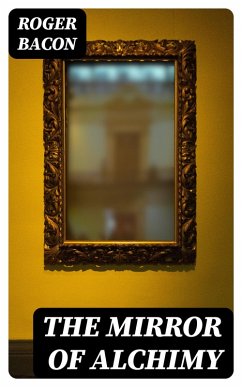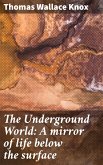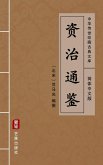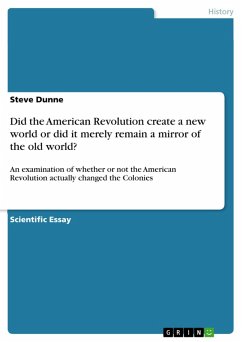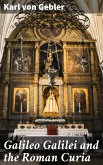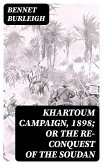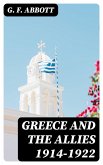In "The Mirror of Alchimy," Roger Bacon intricately explores the interconnected realms of science and mysticism, presenting alchemy as a precursor to modern scientific inquiry. Written in the late medieval period, Bacon's work is characterized by a rigorous yet lyrical prose style that fuses philosophical reflection with practical experimentation. He utilizes a dialectical approach to deconstruct alchemical processes, revealing not only the techniques of transformation but also the underlying metaphysical principles. This seminal treatise serves as both a comprehensive guide to the alchemist's art and a profound meditation on the nature of knowledge and reality, firmly situating it within the burgeoning intellectual landscape of the 13th century, which laid the groundwork for the Renaissance and the Scientific Revolution. Roger Bacon, a Franciscan friar and philosopher, was a pioneer in advocating for empirical methods of inquiry, influenced by the works of Aristotle and his own observations. His experiences in academia and his encounters with various scientific disciplines motivated him to seek a deeper understanding of nature through alchemical practices. Bacon's unique perspectives on the synthesis of philosophy and science reflect his belief in the transformative potential of knowledge, positioning him as an early advocate for the experimental approach that would characterize later scientific thought. "The Mirror of Alchimy" is a compelling read for scholars, philosophers, and curious minds alike. Its rich historical context and Bacon's visionary synthesis of science and mysticism provide profound insights into the origins of modern thought. For anyone interested in the interrelation of alchemical traditions and their influence on contemporary science, this work is an essential addition to the canon, inviting readers to contemplate the transformative power of knowledge.
Dieser Download kann aus rechtlichen Gründen nur mit Rechnungsadresse in A, B, BG, CY, CZ, D, DK, EW, E, FIN, F, GR, H, IRL, I, LT, L, LR, M, NL, PL, P, R, S, SLO, SK ausgeliefert werden.

